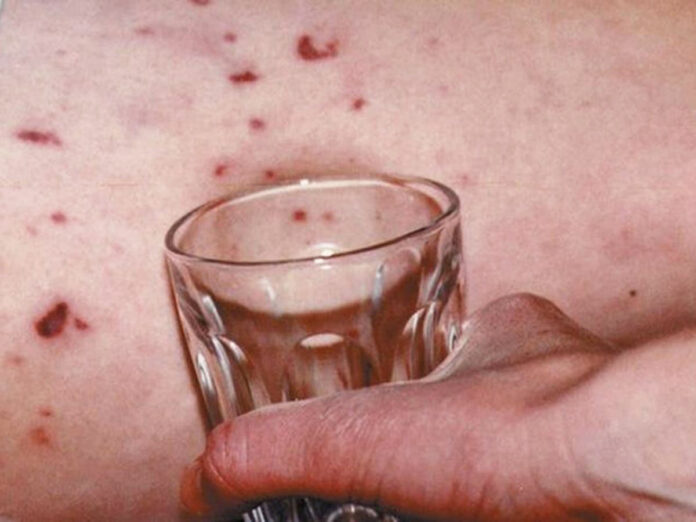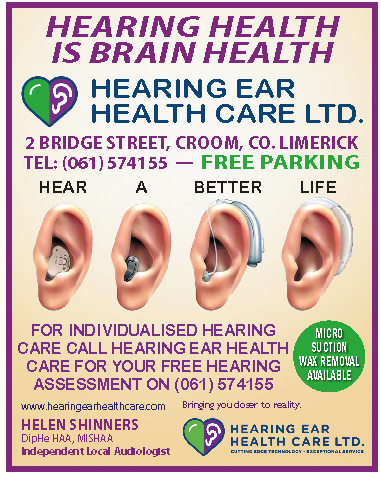
THE Department of Public Health Mid-West has launched an investigation after a young woman died of meningitis in Limerick.
Department officials have also warned the public to be vigilant for symptoms of the disease.
The victim, who is understood to be a woman under 30, was not identified and the department was notified of her death in late September.
A spokesman said that it was “investigating a single case of confirmed meningococcal disease in Limerick, and we offer our condolences to the family and friends of the deceased”.
“Public Health Mid-West was notified of the case in late September, and concerns a young adult who subsequently sadly died. Close contacts identified by Public Health Mid-West have been contacted and offered treatment in accordance with national guidance,” he added.
He said that person-to-person spread of meningococcal disease was “very unusual, especially with others who are not a household or physically close personal contact”.
“Meningitis is a serious illness involving inflammation of the membranes covering the brain and spinal cord. It can be caused by a variety of different germs, mainly bacteria and viruses. Bacterial meningitis is less common but usually more serious than viral meningitis and requires urgent treatment with antibiotics.
“Bacterial meningitis may be accompanied by septicaemia (blood poisoning) and requires urgent antibiotic treatment. The bacteria live naturally in the nose and throat of normal healthy persons without causing illness.”
“The spread of the bacteria is caused by droplets from the nose and mouth. The illness occurs most frequently in young children and adolescents, usually as isolated cases.”
The spokesman said that while the risk to the wider community is considered low, they wanted the general public to be aware of the signs and symptoms of the disease.
These may include: severe headaches; fever; vomiting; drowsiness; discomfort from bright light; neck stiffness and rash.
“We advise that if anyone has concerns, they should contact their GP immediately and ensure that medical expertise is sought,” the spokesman added.









